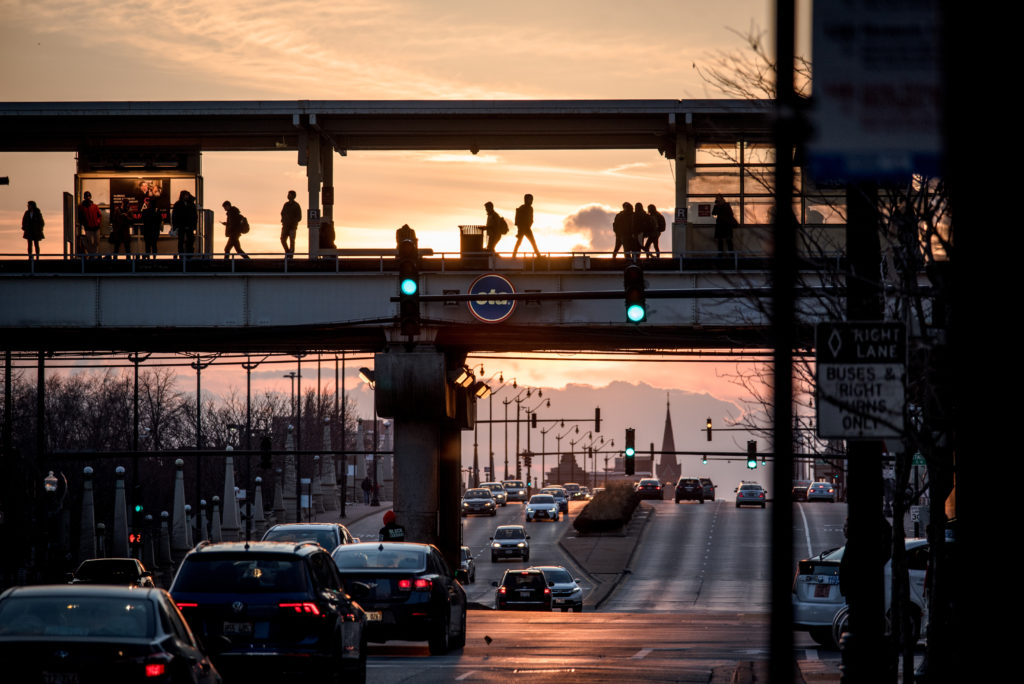
Urban areas are the main motors of economic growth and are home to an increasingly proportion of the global population. Urban transport systems are vital to the economic functioning of cities, however, as a result of urbanization, cities become more and more dense resulting in huge challenges for mobility and livability. The question on how to enhance mobility and simultaneously reduce congestion, accidents, and pollution is a common challenge for all major cities and regions.
“One of the roles of IMMA is to maintain sustainability of the motorcycle industry’s growth that in return contributes to the mobility and prosperity of mankind. Such industry around the world involves millions of employees of its suppliers, sole agents, dealers, workshops, part shops, as well as the ones from financial companies such as surveyors, credit salesmen, collectors and their related functions. This is to say that if we fail to maintain the above, it would affect too many stakeholders.”
– Mr. Johannes Loman, IMMA President 2018-2020 & IMMA Vice President 2023-2025
Need for PTW parking spaces at public transport hubs
To achieve a sustainable urban mobility, policy makers should, in addition to promoting public transport and soft modes as walking and cycling, also incorporate and accommodate PTWs in their mobility strategies.
Examples of key points in a successful PTW mobility strategy are:
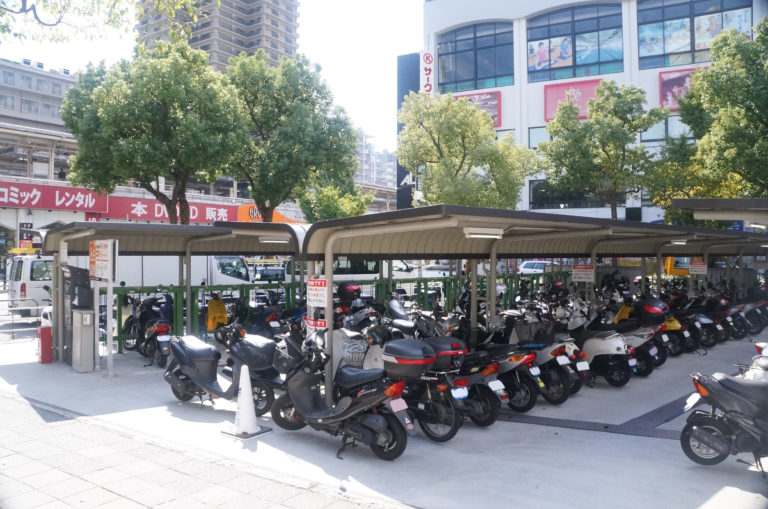
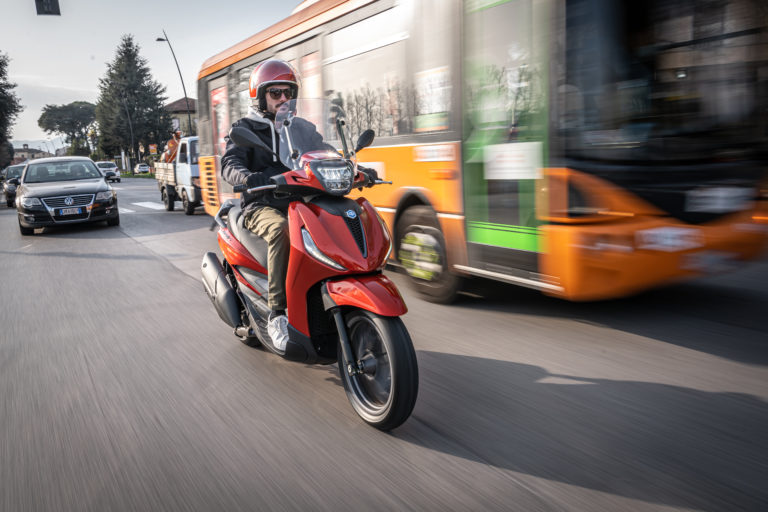
An efficient, affordable and flexible alternative for local mobility
Powered Two Wheelers are the ideal solution for personal transport in the cities of today and the future: PTWs are also flexible solutions to underfunded or underserviced public transport offerings, able to respond to the personal mobility demands of citizens without the need for extensive public infrastructure works. The small footprint of PTWs allows for greater freedom of movement in crowded urban environments and require little parking space. By occupying less space and emitting lower emissions, PTWs offer an efficient and sustainable alternative to all other urban transport modes.
Improved safety by separating traffic flows with dedicated stop lines
The impact of congestion is particularly severe in urban areas and imposes serious environmental costs. The use of PTWs in urban areas helps to reduce traffic congestion through a more efficient use of limited road space. Recognizing these benefits and seeking to mitigate congestion, governments have already begun allowing practices such as lane-splitting, sharing bus-lanes and/or lane-filtering to improve fluidity and reduce unnecessary emissions from start/stop traffic.
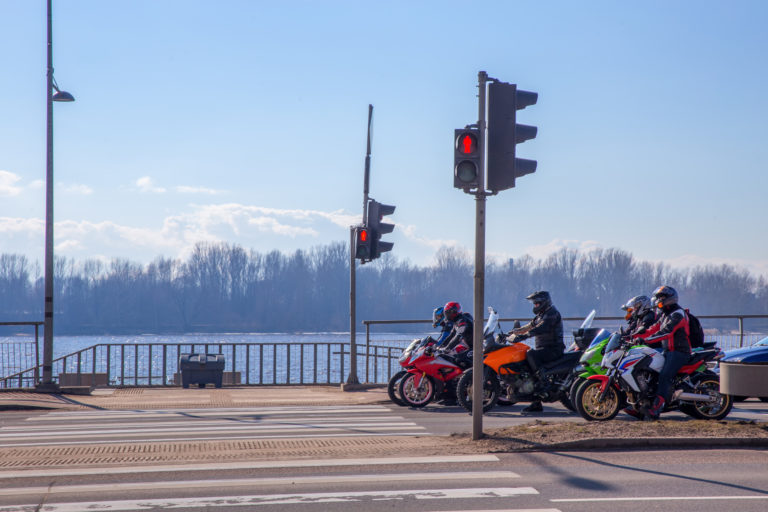
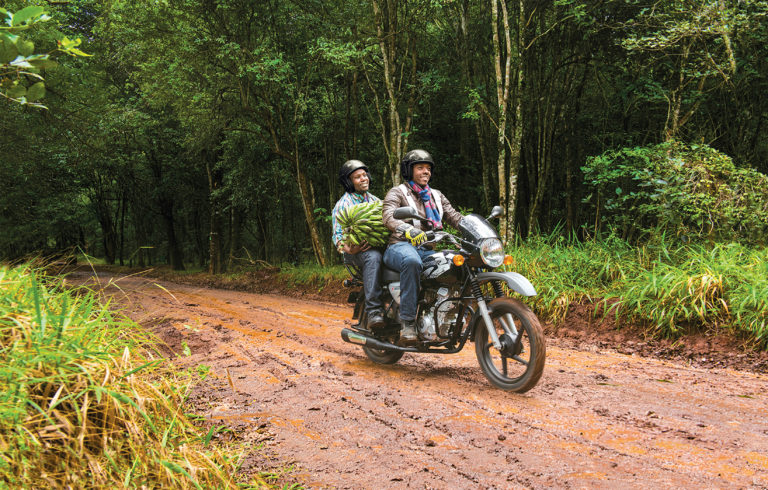
PTWs provide access to work, health and education
In low- and medium-income countries, PTWs also play a critical role in non-urban and rural areas. In these regions, private use of PTWs, motorcycle taxis, and ambulances are often the only affordable means for access to work, health, or education. In many countries, more than 50% of the fleet in operation is in smaller cities and rural areas.
PTWs withstand congestion and the natural elements
Powered two wheelers advance economic growth by providing door-to-door mobility to commuters and their goods. The low cost and efficiency advantages of PTWs is reflected, for instance, in businesses that heavily depend on their use, such as motorcycle taxi and delivery. The lower cost of purchase, fuel, and maintenance enables competitive delivery service offerings.
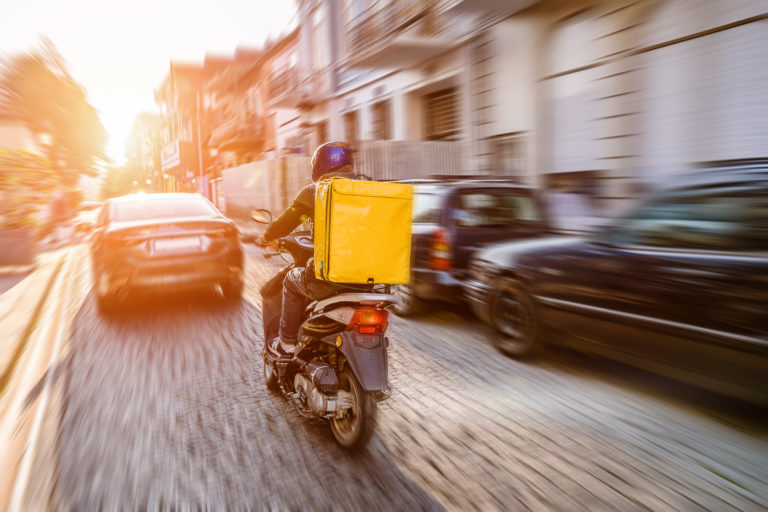
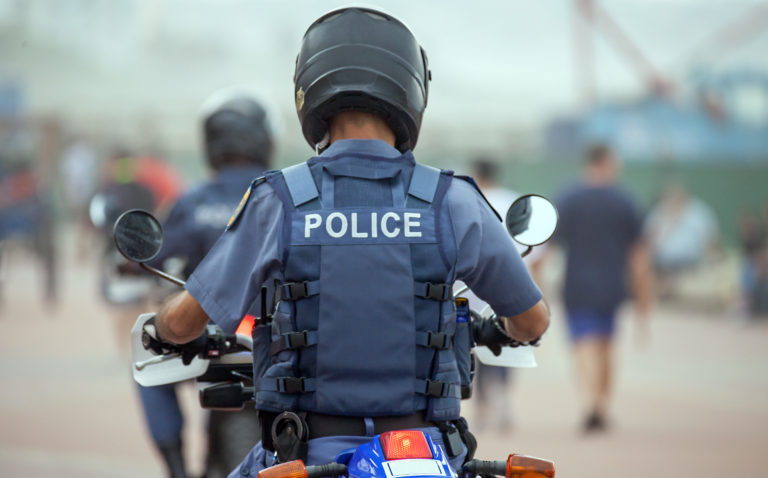
PTWs are agile, reliable and adaptable for special purposes
In addition to mobility benefits and advantages, PTWs offer further incalculable advantages for first responder service providers. The reduced size and weight provide greater freedom of movement in crowded environments, allowing the emergency services to respond faster.
Relieve stress and boost feelings of happiness and well-being
PTWs are a longtime source of leisure. Riders can enjoy their motorcycles as collection items, sport vehicles, touring transportation, social activities with like-minded enthusiasts, or simply for the pleasure of riding. There is a large diversity of PTW vehicles, styles, and types of use. The use for commercial purposes is increasing in recent years. PTW riders across the globe appreciate the holistic advantages offered by their vehicles: reduced size, decreased fuel consumption, lower emissions, door-to-door mobility, and cheaper purchase and maintenance costs.
PTWs merit an important place in the urban mobility visioning and infrastructure planning.
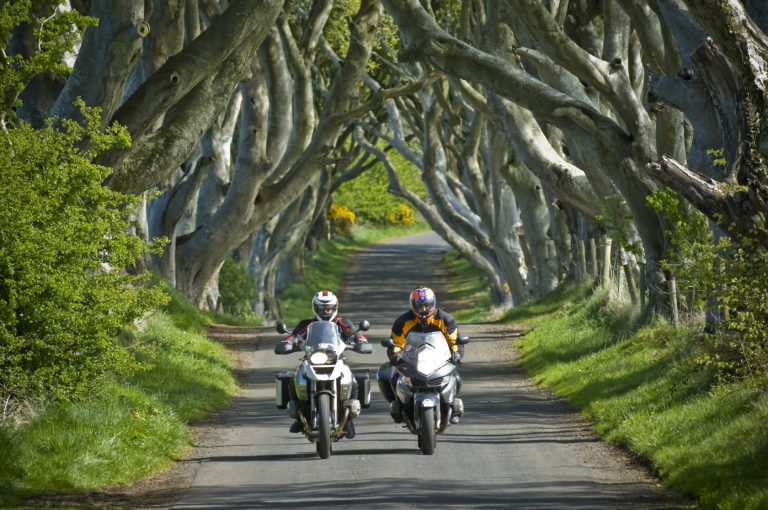
© 2024, WWW.IMMAMOTORCYCLES.ORG